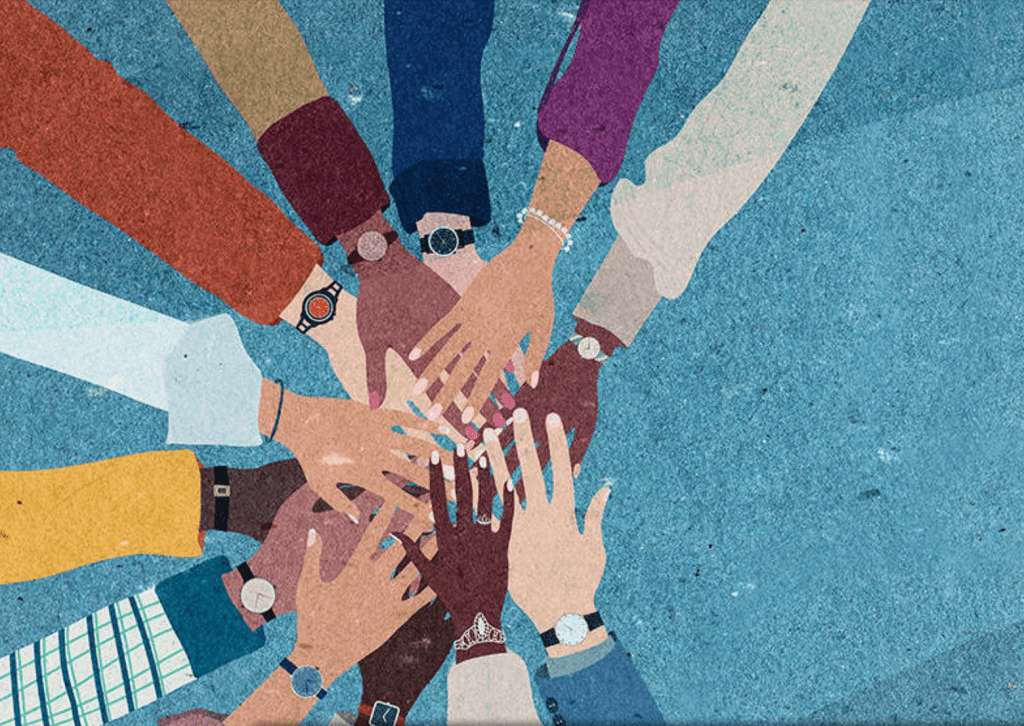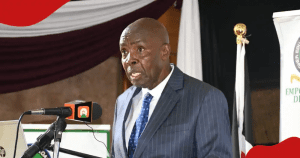Keywords: Industrial Policy, Post-neoliberal Economies, Local Economies, Human Connection, Fair Wages, Sustainable Future

Introduction
As we navigate the complexities of the 21st-century economy, we are witnessing a resurgence in the focus on industrial policy. A new breed of policies is emerging, focusing not only on production but also on fair wages, local economies, and, importantly, the value of human connection. This article explores how this renewed approach to industrial policy could serve as the basis for post-neoliberal economies and foster a more sustainable future.
The Return of Industrial Policy
The United States, under the Biden administration, has rediscovered the potential of industrial policy. In fact, the administration is making it the backbone of future economic strategies. This policy framework emphasizes the importance of production, dignified wages, and the centrality of local economies alongside efficiency. In essence, it’s not just about selling and buying; it’s about creating and contributing to the economy with dignity.
Emphasizing Relationships and Local Economies
While the reorientation of industrial policy towards production and fair wages is a positive shift, to truly address the multifaceted challenges of the 21st-century, the policy framework needs to stretch further. Embracing new ways of producing goods and delivering services that underscore the value of relationships and robust local economies is crucial.
Recognizing the value of human connection in economic policy might seem unconventional, but it opens up a plethora of possibilities for sustainable economic growth. Relationships play a vital role in fostering trust, collaboration, and long-term partnerships, which in turn can lead to economic resilience and prosperity.
Conclusion
The rebirth of industrial policy presents an exciting opportunity for shaping a sustainable, post-neoliberal economy. However, for this to be successful, a fundamental shift in our economic perspective is needed—one that places human connection, fair wages, and local economies at its core.
The journey to a sustainable economic future is complex and challenging, but through collective dialogue and concerted efforts, it is indeed achievable. I invite you to leave your comments, ask questions, and join the discussion. Your insights are valuable, and together we can contribute to the creation of a more resilient and sustainable economy.







